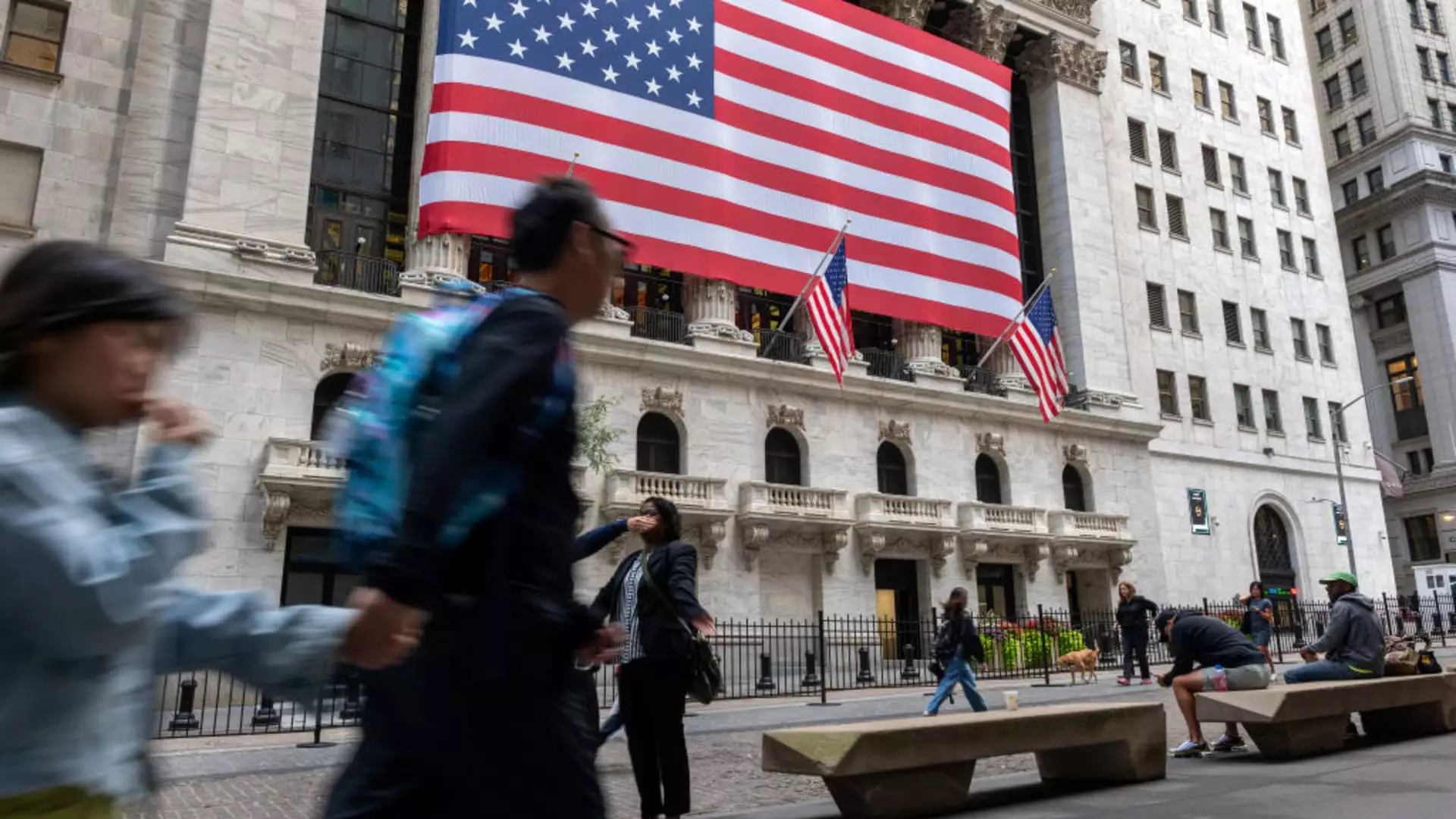The upcoming U.S. presidential election is intensifying discussions among investors regarding the potential effects on various stock sectors, depending on whether Donald Trump or Kamala Harris emerges victorious. Analysts are evaluating how each candidate’s policies could shape market dynamics, affecting businesses differently as the political landscape continues to shift. This article explores the implications of both outcomes on selected stocks while analyzing key insights from Barclays’ expert assessments.
The Polarized Political Landscape and Its Impact on Stocks
Barclays analyst Terence Malone has shed light on this unpredictable electoral climate, emphasizing that the divergent economic policies of the candidates create unique opportunities and threats for investors. According to Malone, the most probable outcome might be a divided government, where control over Congress is split and the race for the presidency remains highly contested. This uncertainty translates into a complex market landscape where select stocks might thrive or suffer depending on the election results.
In the context of a second Trump presidency, significant changes in global trade policy and the imposition of new tariffs are expected. Trump’s promises to levy a 10% tariff on all imports and substantially higher tariffs on Chinese products indicate a potential resurgence of trade tensions. This scenario positions certain companies, particularly in tech and defense sectors, to potentially gain from favorable geopolitical winds.
Among the stocks highlighted that may prosper in a Trump-led administration, MicroStrategy stands out prominently due to its substantial investments in Bitcoin. As the largest corporate holder of the cryptocurrency, it positions itself uniquely in an environment where Trump exhibits a pro-crypto stance. His past engagements, such as his keynote address at a Bitcoin conference, bolster investor sentiment surrounding Bitcoin and its institutional acceptance. With predictions suggesting the cryptocurrency could soar beyond $80,000 if Trump returns to power, MicroStrategy’s upward trajectory appears promising.
Additionally, L3Harris Technologies presents a compelling case in the defense sector. With Trump advocating for increased defense spending and expanded military infrastructure, L3Harris is poised to benefit from heightened defense budgets. Analysts predict that shares could see additional growth, given both candidates are expected to focus on boosting defense capabilities.
Similarly, UnitedHealth Group emerges as a potential winner in a Trump administration, especially with an anticipated easing of regulatory constraints on managed care companies. As pressures mount on healthcare regulations, UnitedHealth’s solid performance and positive earnings could translate into sustained growth in the stock market.
In contrast, a Harris presidency might yield distinct benefits for other sectors, particularly healthcare and retail. Companies like Centene, the leading Medicaid managed care organization, are expected to flourish, especially given Harris’ deep-rooted support for the Affordable Care Act. With a projected 27% upside in share value, Centene exemplifies how health-focused initiatives could enhance its profitability in a landscape that favors more inclusive healthcare policies.
Retailers like Burlington also stand to gain under a Harris leadership. Driven by consumer preferences shifting toward bargain shopping amid inflationary pressures, Burlington recorded substantial growth this year, coupled with significant earnings surpassing analyst expectations. Analysts forecast continued momentum if Harris’s policies facilitate further financial support for families.
Moreover, the housing sector could see an invigorating push with D.R. Horton being mentioned among stocks benefiting from a potential Harris presidency. As discussions on constructing 3 million new homes progress, the company could capitalize on Harris’s proposed incentives geared toward homeownership and tax benefits for first-time buyers.
Ultimately, the uncertainty surrounding the presidential election creates a dynamic investment environment. While some stocks may thrive amid looming tariff threats and defense expenditures under a Trump presidency, others may find new growth avenues through healthcare reforms and expanded consumer access under a Harris administration. Investors must remain vigilant and informed, bearing in mind that the outcomes of political races can lead to dramatic shifts in stock performance. As the election date approaches, closely monitoring the evolving landscape will be crucial for making strategic investment decisions tailored to potential policy changes stemming from the new presidential term.


Leave a Reply